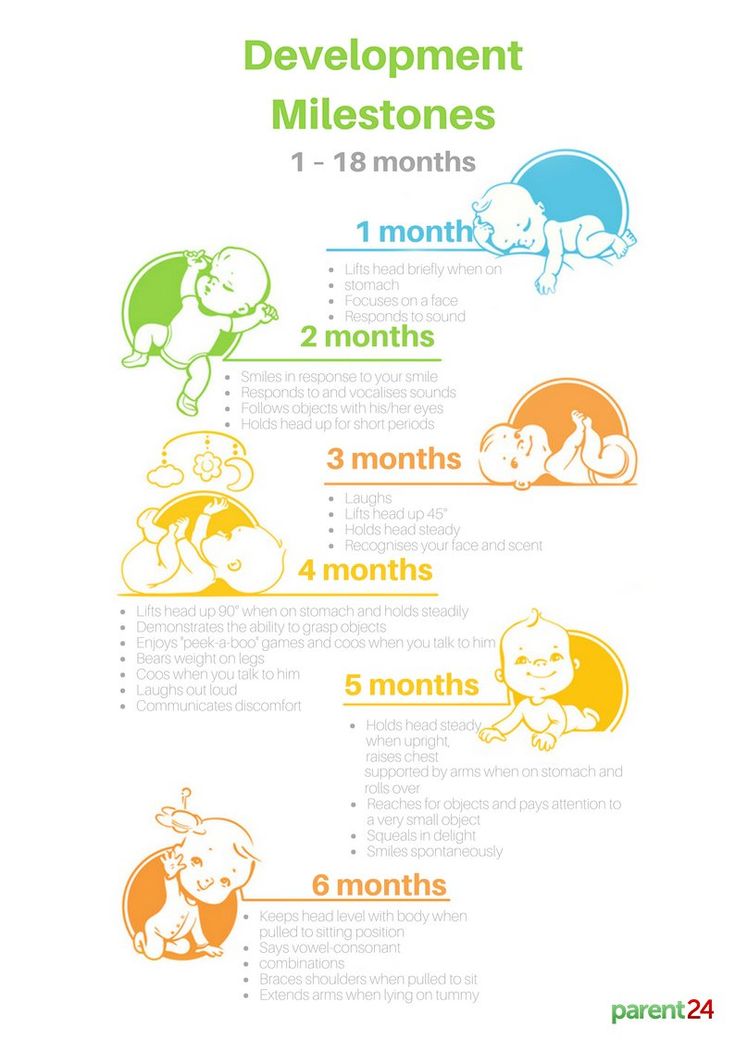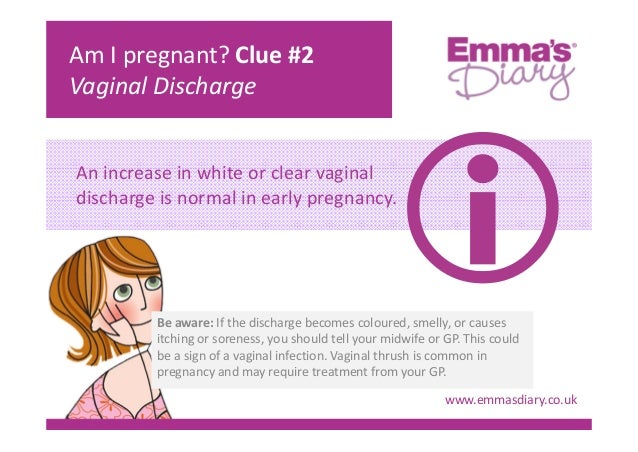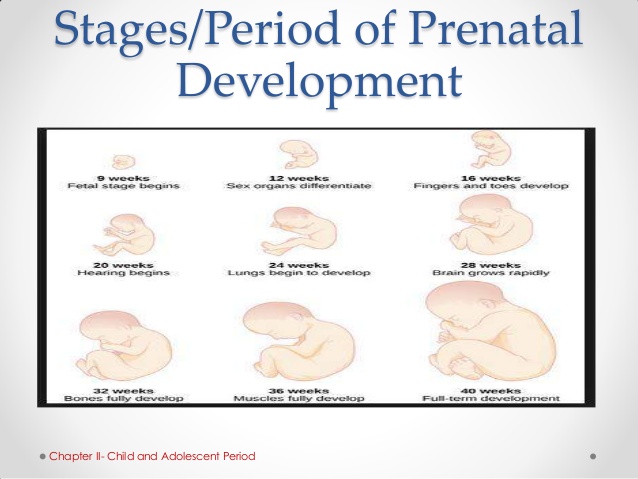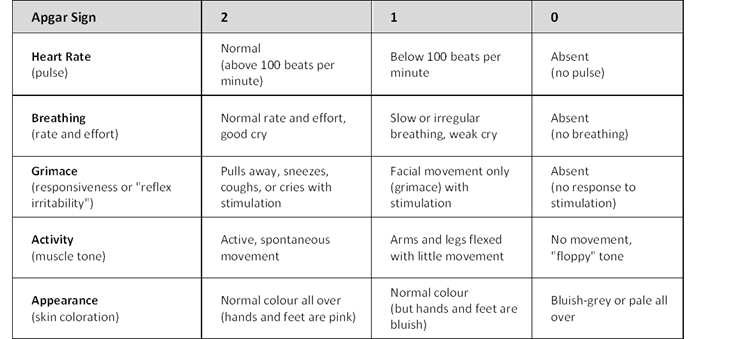How much can child support take out your check
How much can child support take from my bank account?
Can child support take my whole paycheck?
Your child support deductions likely won’t be your whole paycheck but, depending on the support the courts are requiring you to pay, a large chunk can be subtracted from your paycheck.
A calculated monthly amount will first be deducted from your pay, along with other required items like state and federal taxes.
If you still owe any past due child support payments after these deductions are made, your check can have more money taken from it. According to federal law, a maximum of 65% of your remaining paycheck can be withheld for past due child support.
This is a huge amount of money to possibly be withheld. Luckily, some states have lower withholding percentages than the federal maximum.
While 65% is the highest amount that can be deducted, this percentage can be lower based on factors such as how far past due your arrears are and if you are financially supporting a second family.
The overall amount deducted from your paycheck will be determined after mandatory deductions such as your monthly child support and taxes.
So, for example, if your paycheck is $300.00 and $100.00 is taken from your paycheck for mandatory tax deductions, this leaves $200.00 in eligible income for your past due child support garnishments to be deducted from. If your situation requires you to pay the maximum 65% on this eligible $200.00, then your child support garnishment would be $130.00, leaving you with $70.00.
Keep in mind, this is just an example using the highest range of withholding percentages. Your circumstances may be much different, depending on how much you owe in past due support payments and if you are the breadwinner for a second family.
How do child support paycheck deductions work?
Child support payments can be deducted from your paycheck as a result of a court order. This occurs when the court considers you the “noncustodial parent” who is responsible for contributing to his or her child’s day-to-day financials, called the monthly support obligation.
As the noncustodial parent, this means you do not have primary custody of your child but still need to contribute to their food, clothing or educational needs.
Now, the amount you pay monthly in child support is determined by a judge and the factors that go into this decision are your wage, the other guardian’s wage and the financial needs of the child, such as tuition or medical insurance.
Your monthly child support payment is based on a set calculation made by your state. Each is different (and quite complex), but the usual considerations that make up your monthly support payments are your wage, the other guardian’s wage and the number of children being supported. Other factors a judge may take into consideration are the childrens’ financial needs.
Your employer will be notified of the amount you need to pay in child support and then this amount will be deducted from your paycheck and sent to the state to be distributed to your child.
Do past due child support payments come out of my paycheck?
When child support payments are missed, this is considered child support back pay, past due child support or arrearments. This is considered a debt and can be deducted from your wages. The deduction of past due child support from your paycheck is often called a garnishment.
This is considered a debt and can be deducted from your wages. The deduction of past due child support from your paycheck is often called a garnishment.
You will be garnished for these past due amounts again if a court believes that this is the only way for you to pay or catch up on the balance. A garnishment is subtracted from your paycheck after your monthly child support amount is deducted.
Once more, the court will notify your employer of the garnishment, and from there, your company will deduct the proper amount and send it to the state to be paid to your child.
Another thing to keep in mind is that child support back pay accrues interest and this interest rate is set by your state. If you owe a lot of past due child support, the amount due to your child will be a bit higher than you anticipated because of this interest.
Am I required to pay child support through a paycheck deduction/garnishment?
Since this deduction from your wages is a court order you are required by law to have this money taken from your paycheck. This is often put in place to ensure that child support payments are guaranteed to be made and cannot be lost in the mail, shortchanged or generally forgotten.
This is often put in place to ensure that child support payments are guaranteed to be made and cannot be lost in the mail, shortchanged or generally forgotten.
If you don’t follow the child support order from the court, you can be punished by the court in a number of ways, including suspension of your driver license, passport denial, a tax return seizure, property liens or even jail time. Needless to say, it is best to make sure you pay your child support payments no matter how the money is distributed.
Can child support take half of my paycheck?
As we discussed previously, the amount that can be taken from your paycheck after your monthly child support balance can vary based on how much past due child support (arrears) you owe.
Federally, the limit that can be garnished from your paycheck for child support arrears is 50% to support a second family if you are less than 12 weeks in arrears on your child support payments.
If these circumstances don’t apply to you – for example, you are single or more than 12 weeks in arrears – then your withholding percentage will likely be higher. Again, though, there are some states with a lower minimum percentage.
Again, though, there are some states with a lower minimum percentage.
One thing to keep in mind with all these large numbers rolling around is that these garnishments are only applied to your paycheck while you owe arrears.
Once your child support arrears have been paid in full, you will only have your monthly child support deductions taken from your paycheck. Your company must follow the court orders, so your employer has no say about when the arrears of your child support will be paid.
Can child support be more than my paycheck?
While, legally, your entire paycheck cannot be garnered, it can certainly feel that way. In situations where your paychecks are being garnished to the point that you are unable to maintain necessities such as rent or gas to drive to work, it may be time to request a review of your child support payments.
Courts take into account your child’s needs, but they also take your situation into account as well. If you can show a judge you are willing to pay or catch up on any owed arrears but need some leniency on the amount or frequency of payments, you may be able to have the amount of the garnishment or monthly support payments lowered.
Does child support come out of my paycheck before taxes?
Any monthly child support payments or garnishments will be deducted from your paycheck after taxes are taken out. This includes your federal and state taxes.
Other deductions you may see come out before your child support can include social security contributions, required retirement plans, medical insurance, disability insurance and union dues. These additional deductions will depend on your employer and state rulings.
How long does it take to garnish wages?
Once your employer receives the court order for your garnishment it must immediately begin the process of withholding from your checks. Many times these deductions will take effect on your next scheduled paycheck. The reason this process moves so quickly is that the court often requires your employer to confirm the garnishment has been processed.
Can I be fired if my employer receives a garnishment order?
You cannot be fired for having one garnishment order on your paycheck. This is a federal law that protects employees. However, if you have two or more garnishment orders on your paycheck, then your employer does have the right to end your employment with them.
This is a federal law that protects employees. However, if you have two or more garnishment orders on your paycheck, then your employer does have the right to end your employment with them.
There are some states that provide protections for employees with multiple garnishments and your company may not see a reason to let you go for having multiple garnishments.
Some companies, however, may consider this option if you work closely with the finances of the organization, seem distracted on the job from possible money concerns or if they feel the number of garnishment calculations is a burden.
If you feel that this could be a possibility, it may be beneficial to speak with your manager or HR representative at the company. Be honest with them about your garnishments and your desire to not only do well in your job but to use these garnishments as an opportunity to fulfill your financial obligations.
This open channel of communication can help your employer understand your need to keep your job and better understand your personal situation straight from you, not a court order.
What happens if my employer does not send in child support payments?
While your employer is responsible for sending your child support payments and garnishments to the state, you are ultimately responsible for making sure the payment makes it to your child.
While this is stressful, it’s important to know this responsibility. If your employer does not send the funds for some reason, you still need to pay the child support to keep from falling behind.
Sometimes, these missed payments by your company may be the result of office turnover or a clerical error. If you notice child support funds were taken but not paid to the state, be sure to immediately notify your company so they can send these funds over.
Normally notifying your employer will be enough to correct the issue but it is still important to retain copies of your pay stubs to show the child support deductions have been taken from your paycheck. This proves useful in the unfortunate event you have to take your employer to court for not passing along the deductions on a regular basis.
Child support as an independent contractor.
Being an independent contractor means you don’t have a payroll team processing your deductions for you. This doesn’t mean you are off the hook for paying any court-ordered child support.
In this case, you are now responsible for manually paying your child support. This requires you to send your payments each month to the state or guardian of your child. If you do not send your payments as required, you will likely face one of the many punishments that the court can hand down for child support cases.
So while being an independent contractor may mean more money or the ability to practice in your chosen profession, it also means you are responsible for maintaining any child support payments or garnishments on your own.
If this is your situation and you are not 100% sure about the process, it may be helpful to reach out to an attorney or financial consultant to help guide you in how the process, calculations and documentation works.
How does child support work if I live in a different state than my child?
When you do not work in the same state that your child lives in, your child support deductions will work in two ways.
Child support will be paid for as long – and for as much – as the state that gave you the court order requires. You will not, however, be garnished over the maximum percentage for the state you live in. It will only be deducted for your state’s required deductions.
So, for example, if you work in Idaho and your child support order comes from California, your paycheck will be deducted for the amount the California judge determines is your monthly payment. You will not, however, have to pay the mandatory deductions that California requires. Instead, you will pay for what Idaho requires, which are simply state and federal taxes. If you were also being garnished for child support arrears, you would only be garnished at Idaho’s rate rather than California’s.
Find your state’s child support information
If you would like to know more about your state’s child support withholding practices, such as specific garnishment percentages or mandatory deductions that will come out of a paycheck before child support, you can find that information here. If you have further questions about child support and how it affects you, be sure to check out our companion article, that discusses paying child support when you are unemployed.
If you have further questions about child support and how it affects you, be sure to check out our companion article, that discusses paying child support when you are unemployed.
This article is not intended to serve as legal advice. When considering your child support options, you should seek the advice of legal counsel.
How Is Child Support Calculated in Texas?
The child support rate in Texas is based on the paying parent’s net resources.
To get an idea of what child support will be in your case, our skilled Waco, Texas divorce lawyers have summarized the most important rules below.
You can also use a Texas child support calculator to determine the amount of child support.
Who Is Required to Pay Child Support?
The parent who does not have primary possession of the children must pay child support to the parent who has primary possession. Child support is an obligation that parents have to their children, so child support cannot be withheld even if the paying parent has been prevented from seeing the child.
Child support continues until your child turns 18 or graduates from high school, whichever occurs last. If you have more than one child, the child support will gradually reduce as each child turns 18 or graduates.
If a child is physically or mentally disabled in a way that prevents the child from becoming self-sufficient, the court may order a parent to pay child support indefinitely.
How Is Child Support Calculated in Texas?
To calculate your net income for child support purposes and to calculate the child support percentage, Texas law provides a number of guidelines.
Identify Sources of Income
If you have multiple sources of income, you may need to combine these to figure out your income for child support purposes.
All income you actually receive counts toward this calculation, including:
- All salary and wage income, tips, overtime, bonuses, and commissions;
- Self-employment and business income;
- Royalty income, interest, and dividends;
- Retirement benefits, social security, and pensions;
- Disability, unemployment, and workers compensation benefits;
- Annuities, trust income, and capital gains;
- Gifts and prizes;
- Net rental income;
- Alimony; and
- Child support paid for children from another marriage.

However, you don’t count the following items as income for child support purposes:
- Any income or resources of a new spouse;
- Accounts receivable;
- Return of capital or principal;
- Benefits paid from federal assistance programs; and
- Foster care payments.
If the court decides that you are intentionally unemployed or underemployed, the court can impute a higher income to you for child support purposes. This means that the court will calculate your income based on your earning potential rather than your actual earnings.
Calculate Income
Once the court adds all sources of income together, it will subtract the following items to calculate your net income:
- Federal and state income taxes;
- Social security taxes or non-discretionary retirement plan contributions;
- Union dues; and
- The amount you spend on health and dental insurance and uninsured medical expenses for the children.

Once it calculates your yearly net income, the court divides that number by 12 to get your monthly net income.
To illustrate, let’s say you earn $50,000 per year, pay 20% of that amount in taxes, and spend $3,000 per year on your children’s medical and dental insurance and expenses. Your net income for child support purposes will be $37,000 per year or $3,083 per month.
Calculate Your Support Obligation
There are two ways the court may calculate child support under the guidelines, depending on whether your net income is above a certain amount. This amount changes every six years based on inflation, but it is currently $9,200 per month.
If your income is $9,200 or less, the guidelines require you to pay a percentage of your total net income based on the number of children you have:
- 1 child = 20% of net resources
- 2 children = 25% of net resources
- 3 children = 30% of net resources
- 4 children = 35% of net resources
- 5 children = 40% of net resources
- 6+ children = at least 40% of net resources
So in our example above, someone with $3,083 per month in net income who has two children will pay $771 per month in child support.
If your income is more than $9,200, then your child support will be the greater of:
- The same percentage you would pay above, but applied to only your first $9,200 of net income or
- Up to 100% of your children’s actual needs.
For example, if you have two children and you earn $20,000 per month, you would pay at least $2,300 per month (20% of $9,200). However, if your children’s actual monthly needs are $5,000 per month, the court may instead require you to pay up to $5,000 per month.
Other Ways to Calculate Support
The guidelines are presumed to calculate a child support amount that is in the children’s best interests. However, it is possible for a court to order more or less support than provided in the guidelines.
This happens only if the court finds that the amount prescribed by the guidelines is “unjust or inappropriate under the circumstances.”
To deviate from the guidelines, the court must consider a long list of factors listed in the Texas Family Code. These factors consider whether there are unusual circumstances relating to a parent’s earning capacity, a parent’s monthly expenses, or a child’s needs.
These factors consider whether there are unusual circumstances relating to a parent’s earning capacity, a parent’s monthly expenses, or a child’s needs.
Talk to a Divorce Attorney About Child Support in Texas
Child support is just one of the many issues you will need to resolve when you get a divorce. The knowledgeable and compassionate Waco, TX divorce attorneys at Simer & Tetens can help.
We will negotiate and advocate on your behalf to help you get the outcome you want. Call us at (254) 412-2300 or message us online to schedule a free consultation.
Alimony from self-employed citizens of the Russian Federation in 2022
Alimony from self-employed citizens of the Russian Federation in 2022-2023 is withheld in the manner prescribed by the Family Code. In the article we will tell you how self-employed citizens in Russia pay alimony, what needs to be done in order for the child to receive a payment, and what will change if a self-employed person gets a permanent job under an employment contract.
Alimony from the self-employed: what the law says
A self-employed citizen is an individual who is a tax payer on professional income. The essence of self-employment is simple: if the taxpayer has income, he pays tax on it. If there is no income, there is no tax to pay. This tax regime is designed specifically for those who do not have regular customers and receive money irregularly - in case of downtime, you will not have to make mandatory payments from your own pocket.
The question arises: how can a self-employed person pay child support? He does not have a stable income, which means that it will not be possible to establish alimony as a percentage of the income received - in months without income, the child may be left without money. In this case, you should be guided by the rules of Art. 83 of the RF IC - it provides the possibility of collecting alimony in a fixed amount of money.
How the amount of alimony is calculated
The amount of alimony is determined by the court.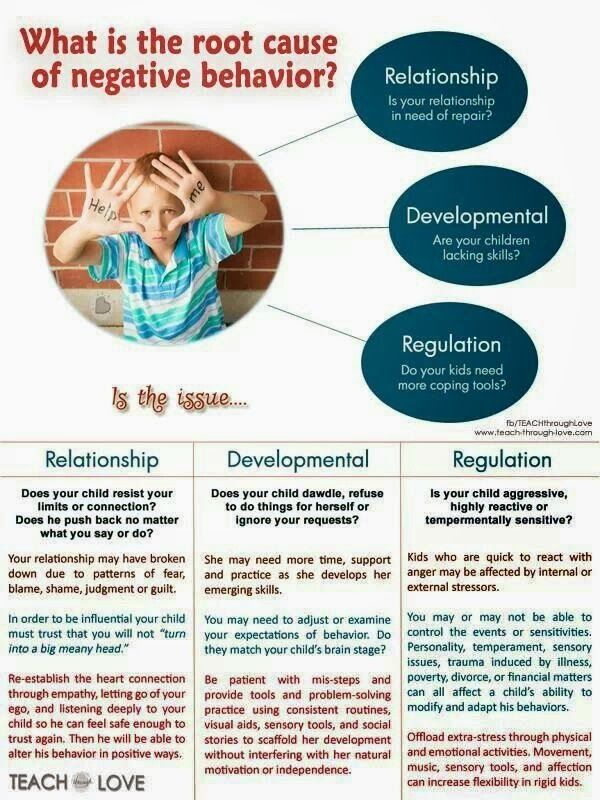 The basis for the calculation is the subsistence minimum established in the region where the child lives - a certain percentage of this amount will be paid as alimony.
The basis for the calculation is the subsistence minimum established in the region where the child lives - a certain percentage of this amount will be paid as alimony.
When calculating, the amount of mandatory expenses for a child is taken into account - they should be indicated in the statement of claim. If the child needs regular expensive treatment or additional education, the court may increase the amount of the payment. In addition, the court takes into account the standard of living of the payer - the higher it is, the greater the alimony will be assigned.
The subsistence minimum is quarterly adjusted by the regional authorities - the amount of alimony for the self-employed changes after it.
Assignment of child support
ConsultantPlus has many ready-made solutions, including how to collect child support for minor children. If you don't have access to the system yet, sign up for a trial online access for free. You can also get the current K+ price list.
Alimony from self-employed citizens in a fixed amount of money is assigned in court (clause 1, article 83 of the RF IC). To do this, the parent with whom the child remains must file a lawsuit with the relevant requirement in court. In it, according to Art. 131 Code of Civil Procedure of the Russian Federation, you must specify:
- name of the court to which the plaintiff applies;
- information about the plaintiff and the defendant - full name, address, contact phone number;
- description of the circumstances of the current situation, information about the child, grounds for going to court;
- a request for a fixed amount of support due to the fact that the defendant is self-employed and has irregular, fluctuating earnings;
- list of documents attached to the claim.
If the parents were able to agree on the amount of alimony
If the parents were able to independently determine the amount that one of them will transfer to the other to meet the needs of the child, you can not go to court. The agreement must be sealed with an agreement (clause 1, article 80 of the RF IC). The agreement must be certified by a notary - otherwise it will be considered invalid (clause 1, article 100 of the RF IC).
The agreement must include the following information:
- procedure for calculating the amount of alimony;
- frequency and timing of money transfers;
- enumeration method.
How money is transferred
A self-employed person can transfer money to pay child support in the following ways:
- personally into the hands of the other parent with whom the child lives;
- by transfer to a bank account;
- postal order.
Documents confirming the transfer of money should be kept. If disputes arise in the future, it will be much easier to prove your good faith as a payer of alimony. If the money is transferred in cash, it is worth taking a receipt from the other parent for receiving it.
What to do if a self-employed person does not pay alimony
If the alimony payer refuses to fulfill his obligations, the other parent (with whom the child remains) can apply to the bailiffs or to the bank where the payer has an account. Unpaid money will be forcibly withheld. But to receive payments through the employer (this is often done by bailiffs, sending a writ of execution to the accounting department of the enterprise) will not work, because the self-employed does not have an employer.
You need to apply to the bailiffs with a writ of execution - it is issued by the court. If there was no court, and the amount of alimony was established by an agreement on the payment of alimony, certified by a notary, submit this agreement to the bailiffs - it also has the force of a writ of execution (clause 2, article 100 of the RF IC).
If the self-employed person has taken up employment
If the self-employed person has entered into an employment contract, but has not ceased to be a payer of professional income tax, the amount of alimony may be recalculated. The payout will be calculated in one of the following ways:
- as a percentage of the payer's income - 25% for one child, 33% - for two children, 50% - for three or more children;
- by the combined method - part of the payment will be calculated as a percentage of the payer's permanent income, and part will be accrued as a fixed amount.
In order to recalculate, you will have to reapply to the court - it will take into account the circumstances that have arisen and establish a new procedure for calculating the amount of alimony.
Results
So, self-employed citizens do not have a permanent income, so the alimony they must pay is assigned in a fixed amount of money - for this you will have to go to court. If the parents of the child were able to agree on the amount of alimony on their own, you don’t have to go to court - it’s enough to conclude an agreement, fix the amount of the monthly payment in it and certify it with a notary.
How do I file a child support claim?
How much do you have to pay to get a child support order?
When you file a child support claim, you are simultaneously filing a “complaint or lawsuit”. For all claims except Complaint for Support of Spouse or Child or Complaint for Protection from Abuse (G.L. c. 209A) ) you must pay:
- the prescribed amount for filing a claim and an additional fee of $15.
- also $5 for a subpoena.
- to a deputy sheriff or bailiff for service in delivering a subpoena. Usually it is $35-45. There is no fee to service a Violence Protection Claim.
Complaint for Divorce
Complaint for Divorce - $200.
Complaint for Separate Support - $100.00.
Complaint to Establish Paternity - $100.
Complaint for Support - Custody - Visitation - $100.
When filing claims: Complaint for Support of Spouse or Child or Complaint for Protection from Abuse (G.L. c. 209A) N/A no fee, no additional fee, no fee for the delivery of the summons is charged.
If you cannot pay these costs
If you receive public assistance or have very little income, you may be exempt from court fees. In this case, the state will take over the payment of all paperwork. If you cannot pay for these services, fill out a document called an Affidavit of Indigency and have the court clerk you give it to check it.
What if I need child support right away?
If you file a Complaint for Protection from Abuse that includes a child support order, you can get support very quickly.
If you are filing familiar types of claims, you may have to wait longer to receive child support. You can speed up this process by filing a Motion for Temporary Support at the same time as your claim.
When you file a lawsuit, ask the secretary to give you the appropriate "motion form". No additional fee is required for this. You must submit a petition form to the sheriff or constable along with the claim. If you have already filed a claim and court officials are already working on it, you can file Motion for Temporary Support separately.
When you file this petition, you must set a date for the hearing. Ask the clerk of the court what days such motions are heard. Select a specific date and enter it in the submitted application.
If the other parent wants to contest your application, they must appear in court on the scheduled date for the hearing. You should also come to the hearing and bring with you:
- Your completed Financial Statement,
- Child Support Guidelines Worksheet you completed,
- Wage assignment form,
- Any proof of the other parent's earnings that you can provide.
If the other parent comes to the hearing, the court will ask him and you to meet with a court probation officer. Such a meeting is needed to see if you can come to an agreement. If you have a 209A protective order, then you must be in different rooms. By law, you have the right to be in separate rooms with the other parent. The court official will talk to you in turn, trying to help you come to an agreement.
Don't settle for what you feel is unfair. You have the right to speak to the judge. Typically, the judge decides that the other parent must pay the amount of support that is in line with the child support guidelines, or an amount close to that. If you agreed to a lower amount when you met with the judge, make sure you think it through.
If the other parent comes to the hearing, the court will ask them and you to meet with a court probation officer. Such a meeting is needed to see if you can come to an agreement. If you have a Section 209 Protection OrderA (209A protective order), then you should be in different rooms. By law, you have the right to be in separate rooms with the other parent. The court official will talk to you in turn, trying to help you come to an agreement. Do not settle for something that you feel is unfair. You have the right to speak to the judge. Typically, the judge decides that the other parent must pay the amount of support that is in line with the child support guidelines, or an amount close to that. If you agreed to a lower amount at your meeting with the judge, make sure you think it through.
After the hearing, the judge will most likely issue a temporary support order. This temporary order will remain in effect until you receive a final order in a divorce or child support case.
How can I find out how much the other parent earns?
Here are three ways to do this:
- Send the other parent a financial statement after filing the claim. Have the other parent fill it out and send it to you. He must complete it within a few days.
- If you have his last pay check stubs, bring them to the hearing and show them to the judge.
- Subpoena an official to testify on the other parent's wages.
Financial Statement
When you file your claim, immediately send your child's father the completed Financial Statement and a letter asking them to complete the form by a certain date. The other parent must do so within 10 days. When he returns the completed form to you, you will know how much he earns, of course, if he writes the truth.
If you do not send a letter asking you to complete the financial statement form, the other parent must still send you their financial statement. He must do so within 45 days of the date the sheriff served him notice of your filing.
If you filed Motion for Temporary Support, the other parent must complete and mail the Financial Statement form at least 2 days before the hearing.
What if the other parent does not complete their Financial Statement?
The law requires the other parent to complete their Financial Statement and send you a copy. He could get in trouble in court if he refuses to do so. If he didn't send you this form within the deadline, you can file a motion with the court to have him send you the report. This form is called Motion to Compel.
Summons to subpoena the other parent to testify on wages (Subpoena)
If you do not have wage stubs (wage stubs), you can request a "subpoena" of an official to testify about the other parent's wages.
